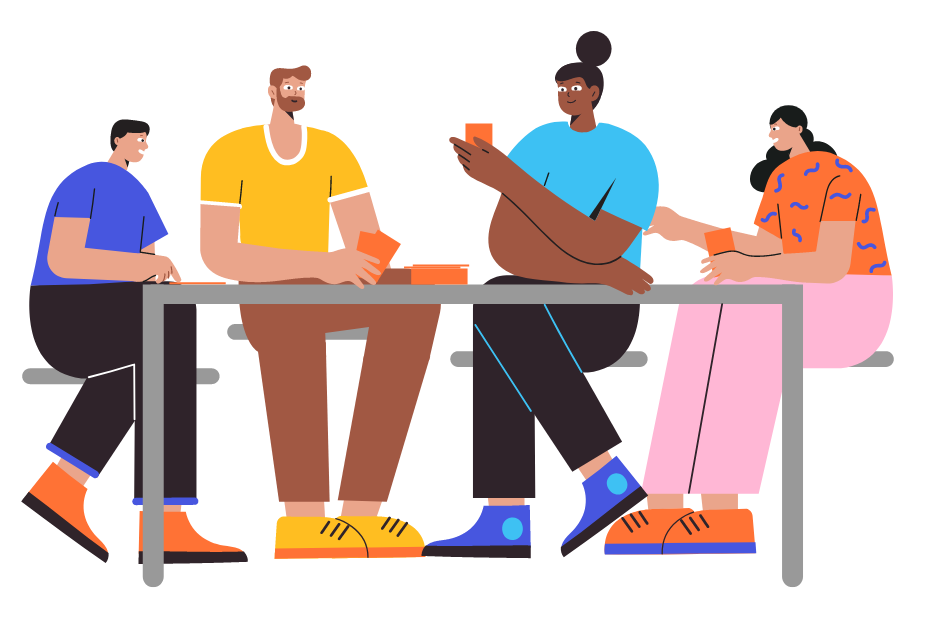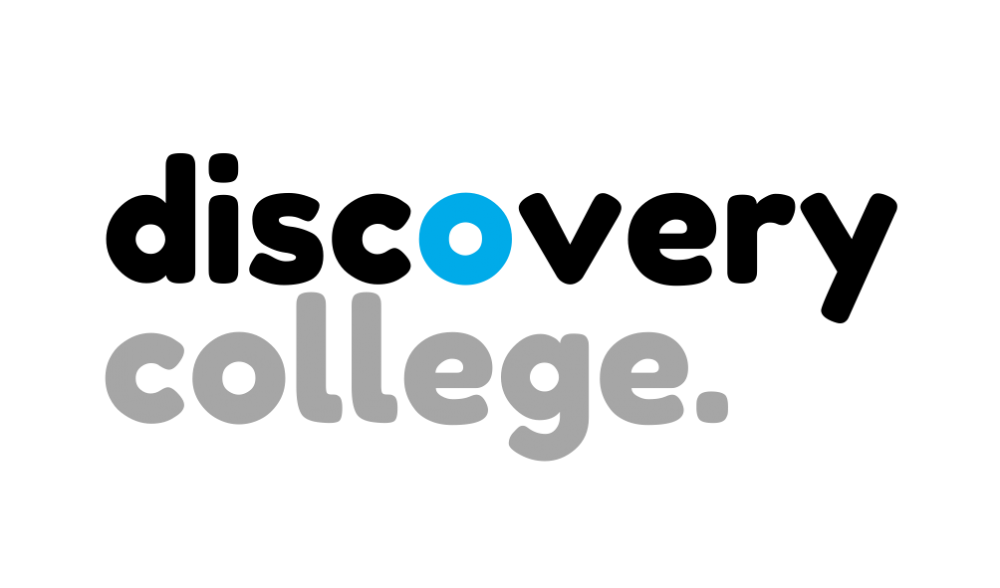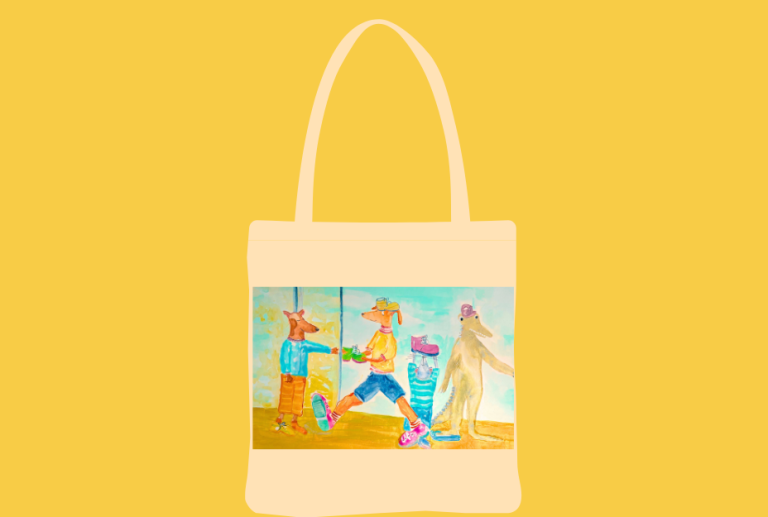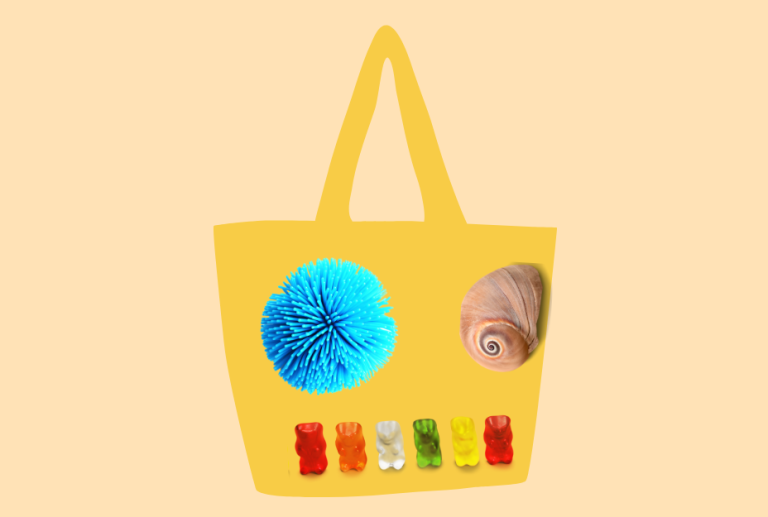Arna has many different tools in her recovery
bag, particularly a passion for community
education and the value of recovery colleges.
We were lucky enough to have her visit us in
Melbourne to sit down and have a chat about
all things recovery college.

dc: So, Arna, how did you come to be in the recovery college space?
Arna: After working clinical roles in mental health for a while, I guess I felt a little limited…I ended up doing community development work with refugees and went back into public mental health in a community development role which I found really interesting. One of the tools we used in the role was community education which is closely linked with the recovery college model in that you always work with your community to deliver and form educational material. When the recovery college role came up, it felt like the perfect fit for me!
dc: It sounds like you went back into public mental health with a lot more tools in your bag?
Arna: Yes! And now funnily enough, I have been feeling like I want to be doing direct client work again, so the recovery college has taken me back to that. It’s interesting how the work circles around. I want to connect more now with people one on one…I am even jumping into some trauma informed yoga training and am really hoping to bring that work back into the college and create some interesting courses, particularly around life beyond trauma.
dc: That sounds ace! So, tricky question: but how would you explain a recovery college in one sentence?
Arna: (laughs) It’s not going to be one sentence. Look, it is a place where people can come together and learn from one another. People who have experienced mental distress can share what they have learnt and also turn to other people to get some guidance or words of wisdom to achieve what they want in life. There is also learning from people who have worked in mental health, and bringing their knowledge into an educational space.
dc: What value do you think recovery colleges can bring to the community as whole?
Arna: I think that the model of equity and demonstrating how people from a different range of perspectives can bring knowledge about healing, mental health, and recovery. Seeing that work in practice has a real benefit to the community. I guess it has the value of the content of the courses but I actually think that the model and the process is what is transformative and makes change in the broader community. That’s what we hear people say all the time. Hearing from peers but seeing people work collaboratively and knowing it can actually work. It’s quite powerful, simple, but powerful.
dc: We completely agree, Arna! Simple but powerful.
Are you interested in exploring more of our courses?






